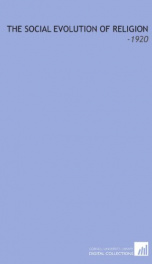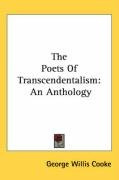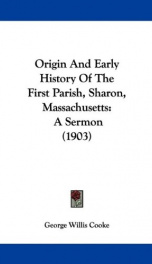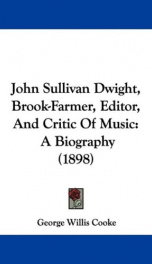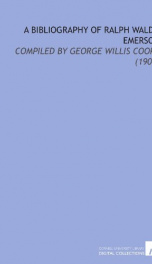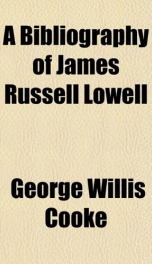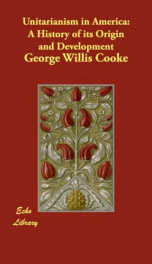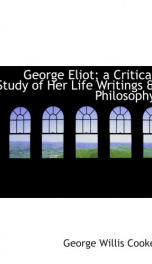a guide book to the poetic and dramatic works of robert browning
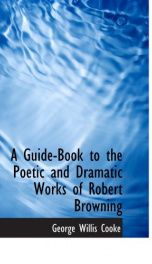
Purchase of this book includes free trial access to www.million-books.com where you can read more than a million books for free. Excerpt from book: Section 3even if they had opposed him, provided their music was good. The civility which he showed to Mozart is in marked contrast to Mozart's behavior towards him. Moreover, his vanity did not blind him to his own defects. He was well aware that harmony, not melody, was the department in which he excelled. An enthusiastic contemporary, Schubart, calls him an epoch-making man. The expression is too strong, but as a musical iconoclast Vogler certainly did excellent service. His incessant attacks on the pedantic methods of musical instruction and systems of harmony in vogue, and on the old methods of organ-building., were .often extravagant and untrue, as, for example, the statement that Bach did not know what a chorale was. . . . As a composer it was his aim to retain the simple and severe beauty of the old church music and yet enrich it with the wealth of harmony at the command of modern music." It has been said that Vogler's music has been lost; but this statement is not true. His textit{Missa Pastoricia is performed every Christmas at the Hofkapelle. Vienna. Herr Eichter reports that he has heard this mass more than once, and he describes it as a remarkably fine composition, with beautiful effects for oboes and horns. Other works of Vogler's are accessible, and are not infrequently met with. Grove's textit{Dictionary of Music and Musicians gives the best account of Vogler in English, also a full list of his works. textit{The Browning Society's Papers, number ten, 2: 221 and 2: 229*, gives an extended biographical account of Vogler by Helen J. Ormerod ; and a briefer sketch will be found in number three, 1 : 339, by Eleanor Marx. An excellent interpretation of the poem is that by Mrs. Turnbull in number four of textit{The Browning Society's Papers, 1: 469 and 1 : 79*. It brings out fully Browning's indebtedne... --This text refers to an alternate Paperback edition.
Info about the book
Author:
Series:
Unknown
ISBN:
1178792595
Rating:
5/5 (2)Your rating:
0/5
Languge:
English
Users who have this book
Users who want this book
What readers are saying
What do you think? Write your own comment on this book!
write a commentif you like a guide book to the poetic and dramatic works of robert browning try:
Do you want to exchange books? It’s EASY!
Get registered and find other users who want to give their favourite books to good hands!

